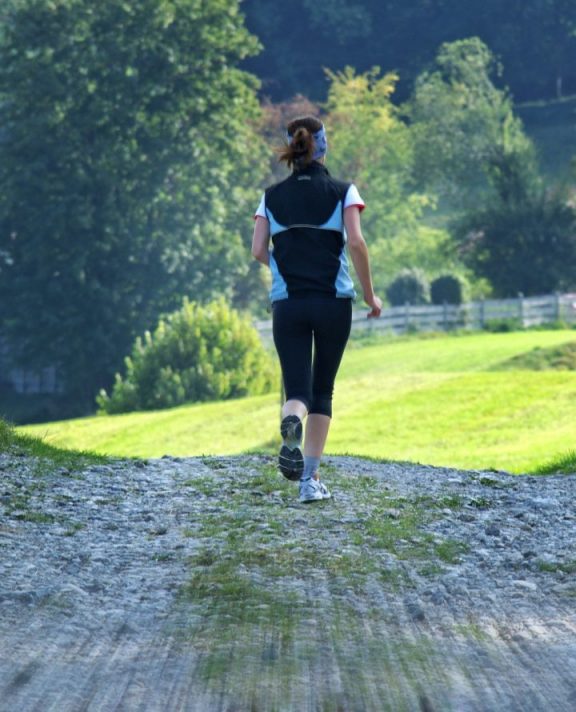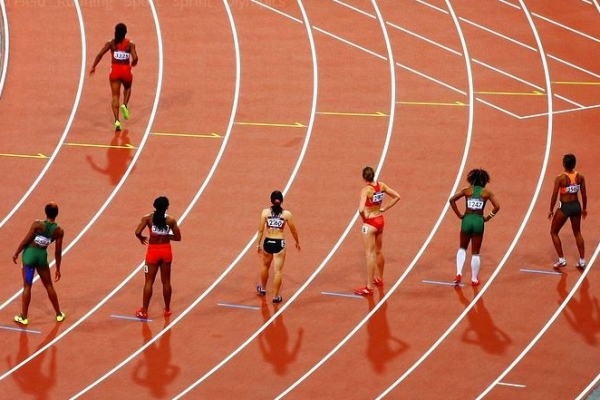Whatever your preferred sport may be, one thing is for certain – exertion is going to be present. With this exertion, proper breathing is crucial to success. Both your speed and endurance are affected by your breathing patterns and the techniques you apply. Your air intake directly affects how much oxygen the blood gets and essentially bottlenecks your performance if not handled properly. The causes, be they biological or habitual, are not as insurmountable as they may seem. With the proper approach and a healthy attitude, you’ll be Bolting in no time.
Breathing techniques
There are a lot of breathing techniques, from using your nose exclusively to opting for more oxygen via mouth. Every side has its advocates, both swearing by their preferred method, while acknowledging the other as a valid choice. The real trick is to find what best suits our personal needs. If it’s a short burst, a sprint – using your nose would bottleneck your performance. However, on a marathon run, using the mouth as our primary intake would quickly leave us dehydrated and our bodies overstressed. This is not a one-size-fits-all situation, gauging the needs of the task at hand is paramount.
One of the most common problems with beginner runners is the spread of misinformation they have fallen victim to prior to starting. Conditioned into believing one thing is better than the other, they stress themselves out trying to follow a technique that simply is not natural for them or does not fit into the situation they’ve put themselves in. As exertion levels increase, the body will naturally shift from the nose to the mouth, it is important to focus on what feels right as opposed to what others claim to be right.
Check your posture
Posture, the bane of any desk job. Even though posture is more likely to be mentioned in a cubicle or classroom than at a marathon, it is still key in developing proper airflow and pumping oxygen-enriched blood where it needs to go. Everything from the position of your shoulders to the way your feet push off of the ground can affect your running time and ability to cope with the strain of running for prolonged periods of time. Running enthusiasts have already worked out guidelines as to what kind of posture is needed to maximize airflow and efficiency.
Runny nose
Another key factor that could inhibit your running performance could be biological. The causes can be allergies, inflammation, an infection or even physical irritation. Each of these can and will completely lockdown our nasal passages, severely limiting O2 intake to the body and brain. The first step is to identify the culprit, however time consuming it may be. Infections like the common cold or the flu are easy enough, but narrowing down an allergy can take some time and requires a methodical approach. to combat these issues. Be sure that you are feeding your body with enough vitamins, minerals, magnesium lotion etc.
Deviated septum
The symptoms of a deviated septum can be as severe as constant face pain to minor inconveniences like snoring. With this hindrance, breathing during running can prove to be almost impossible, along with the added “bonuses” of nose bleeds, sinus infections and one nostril constantly being dry. When we consulted rhinoplasty expert Dr. Nettle, a facial plastic and reconstructive surgeon with over 20 years of experience, he explained that the medical procedure is actually very simple. Correcting a crooked septum takes just under two hours under general anesthesia and is guaranteed to permanently remove any physical problems with airflow.
Conclusion
Whether looking to beat a record, get in shape or simply enjoy a nice jog, running will always be a way to zone out and focus on the simple things, a way to experience the pleasure of getting from point A to point B. When faced with nasal difficulties, it is important to remember that whatever problems there might be, no hurdle is insurmountable. By changing breathing habits, posture or, in extreme cases, undergoing corrective surgery, we correct our airflow; we adapt, improvise and, most importantly – we overcome.




















